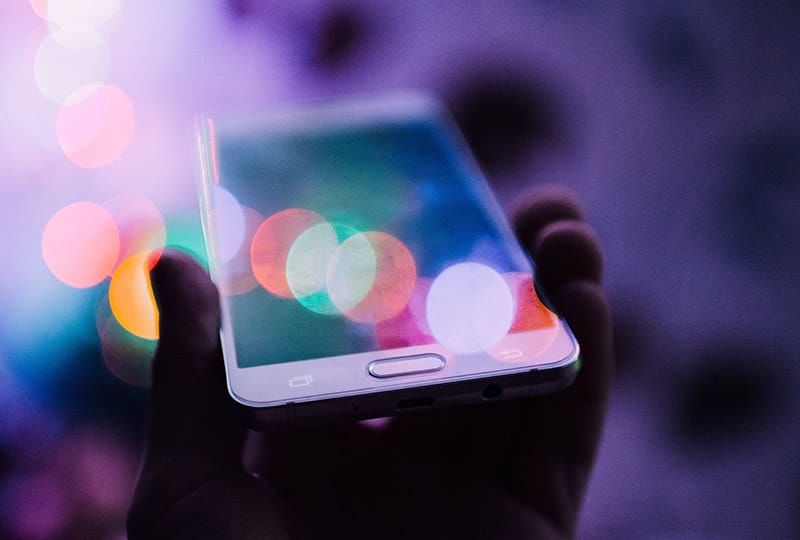
What is Podcasting?
This is the first in a three-part series on Audio Podcasting
A podcast is simply a segment of audio that you can download from the internet and listen to at any time. The name suggests listening to it on a portable media player, and certainly, this is the appeal of podcasting – the idea that people have access to your content anywhere they go.
We seem to love this idea of podcasting, so realistically, how can you listen to them?
First, you need a program called a podcatcher. Some portable media players have them built in, as do some computer media players. Check out the one you use on your computer to see if it will accept RSS subscriptions or podcasting. If you can’t work it out, you might need to download a different one. Personally, I like:
- For PC – Winamp A Windows podcasting tool
- For Mac – iTunes Apple’s Standard podcasting tool
- PC, Mac, Linux – Juice Cross-Platform Podcast Receiver
There will be detailed instructions in your media player on how to add a new subscription. But the next bit you need to find is a podcast that offers an RSS feed. Basically, this means that once you subscribe to the podcast, any new ones appear in your media player to listen to! You don’t need to go to the website and download them (but you do need to be connected to the internet to get the new ones).
This is really why podcasting is so popular – they make it really easy to keep finding new material to listen to. It’s like being able to select whatever radio show you want when you want it! But podcasting gets used for more than just internet radio. It’s pretty easy nowadays for anyone to produce their own podcasts for a variety of purposes:
Internet Radio
The simplest podcasting is posting copies of current radio programs online for people to listen to at their leisure. Too Ugly For TV is a great example of a show on a small community radio station available globally on the internet. There are literally thousands of radio shows around the world available as a podcast.
Commercial Websites
Many commercial websites use podcasts as a convenient way to connect with their clients and customers. It could be a quarterly report to shareholders, a recording of the annual general meeting or a personal message from the owner of the business to remind us that there are real human beings running the business behind the computer screen. The human voice is a great way to connect with current and potential clients of your own web business. At We Push Buttons we are only too pleased to assist in setting up professional podcasts for your organisation.
Instructions and Tutorials
Different people learn in different ways. Some people find it much easier to follow instructions verbally or visually (podcasts can be video as well as audio!). Having a podcast version of tutorials allows people to follow instructions step-by-step as the podcast plays.
Audio blogs
Finding it difficult to make the time to read your friends’ blogs? An audio blog podcast enables people to listen to your blog whenever they like – whilst driving, doing housework, walking the dog, climbing Everest… you get the idea.
Audio art and entertainment
There are heaps of artistic applications to podcasting. Poetry and spoken word in the author’s own voice! Serialised readings of novels. Bands can keep their fans updated with new tracks delivered straight to their media players.
So you can see that podcasting can be a great way to keep people connected to each other, as well as allow us to find a whole spectrum of new things to listen to, whenever we want.
But how can I create my own podcast?
Stay tuned for the next exciting episode and I’ll run through some basic tips for creating your own awesome podcast!
